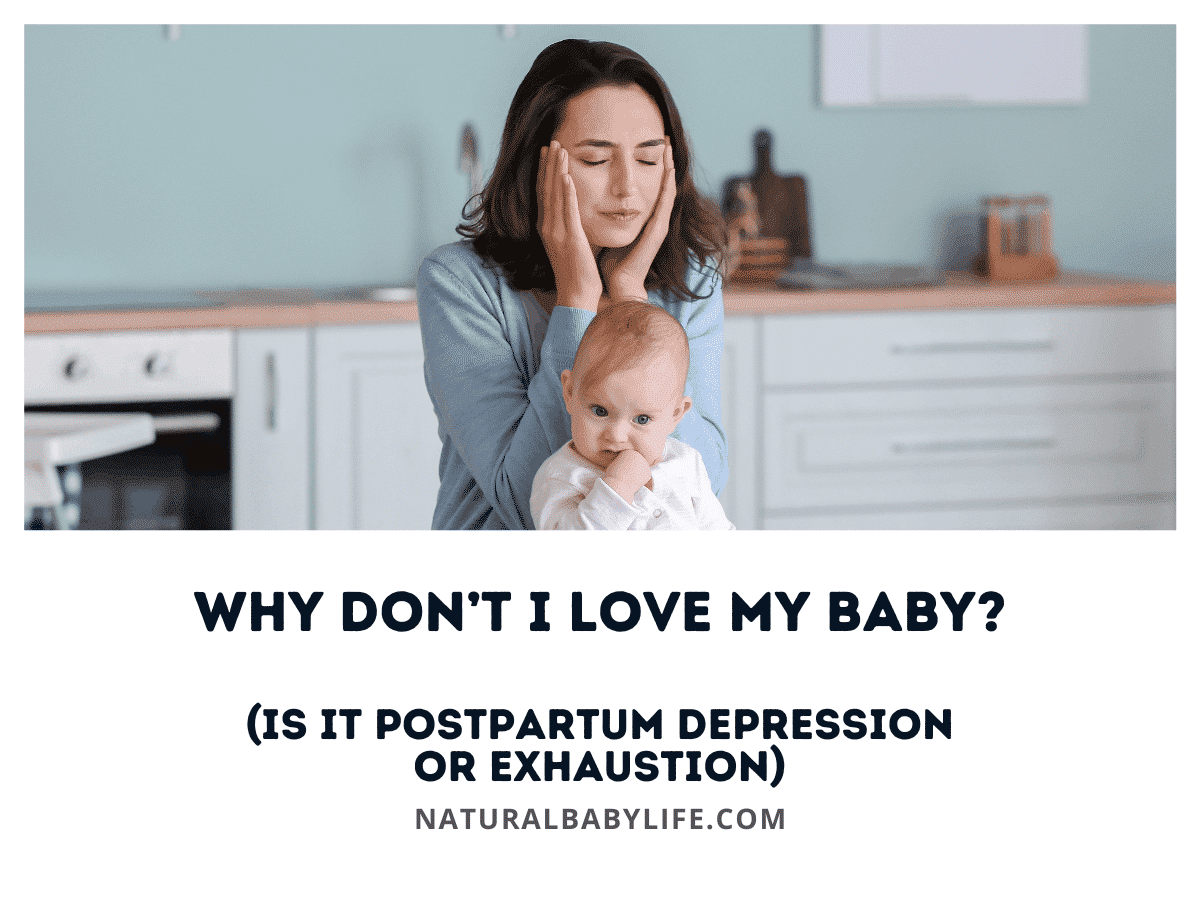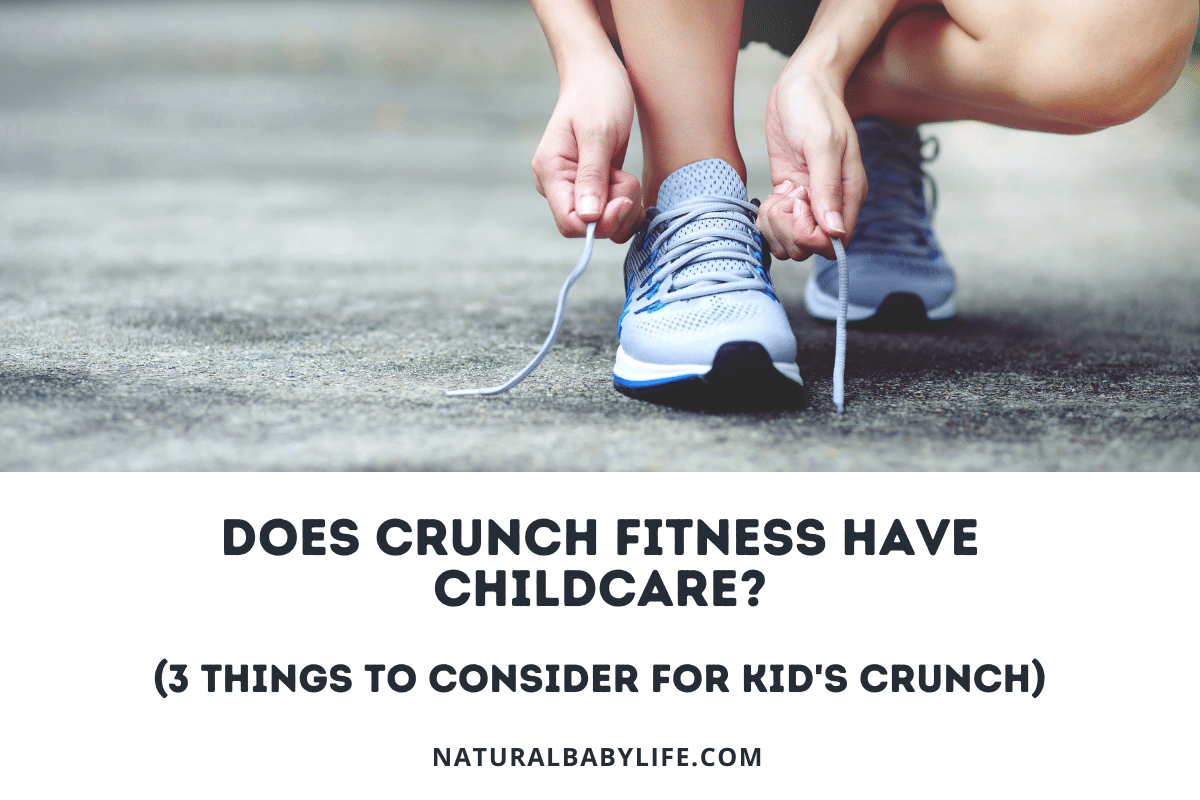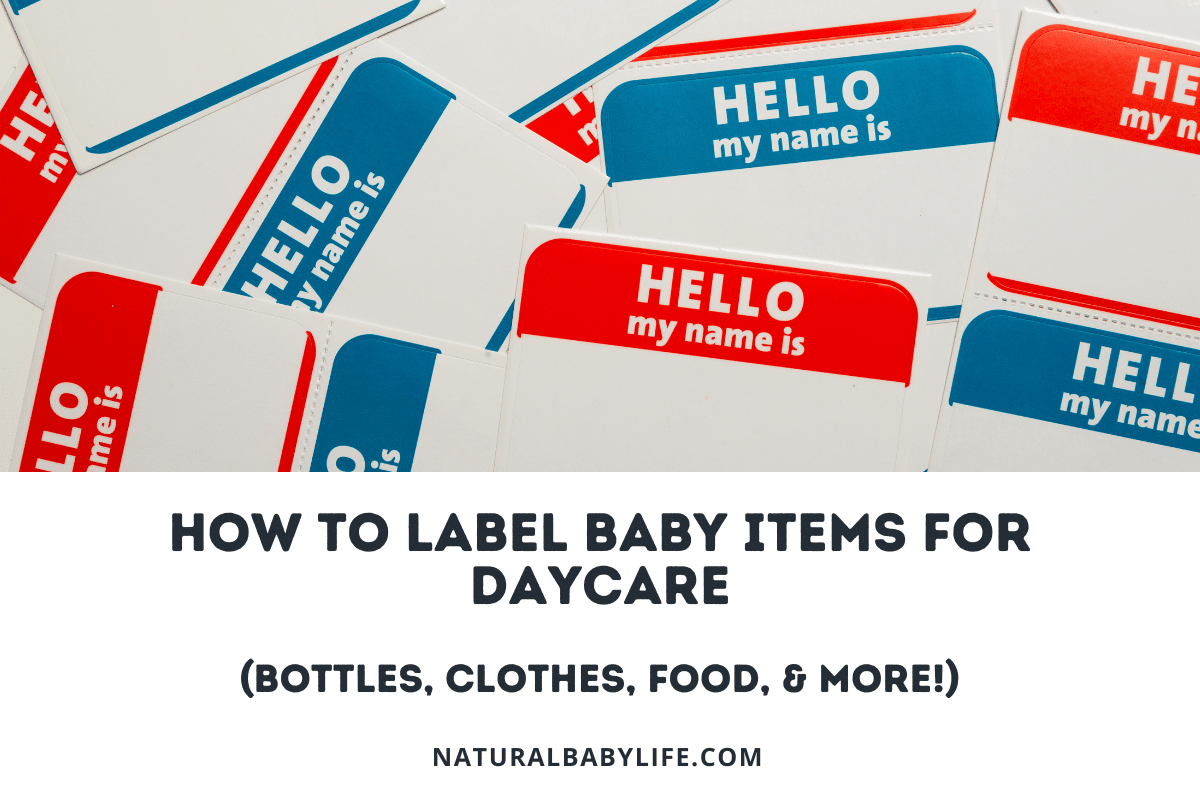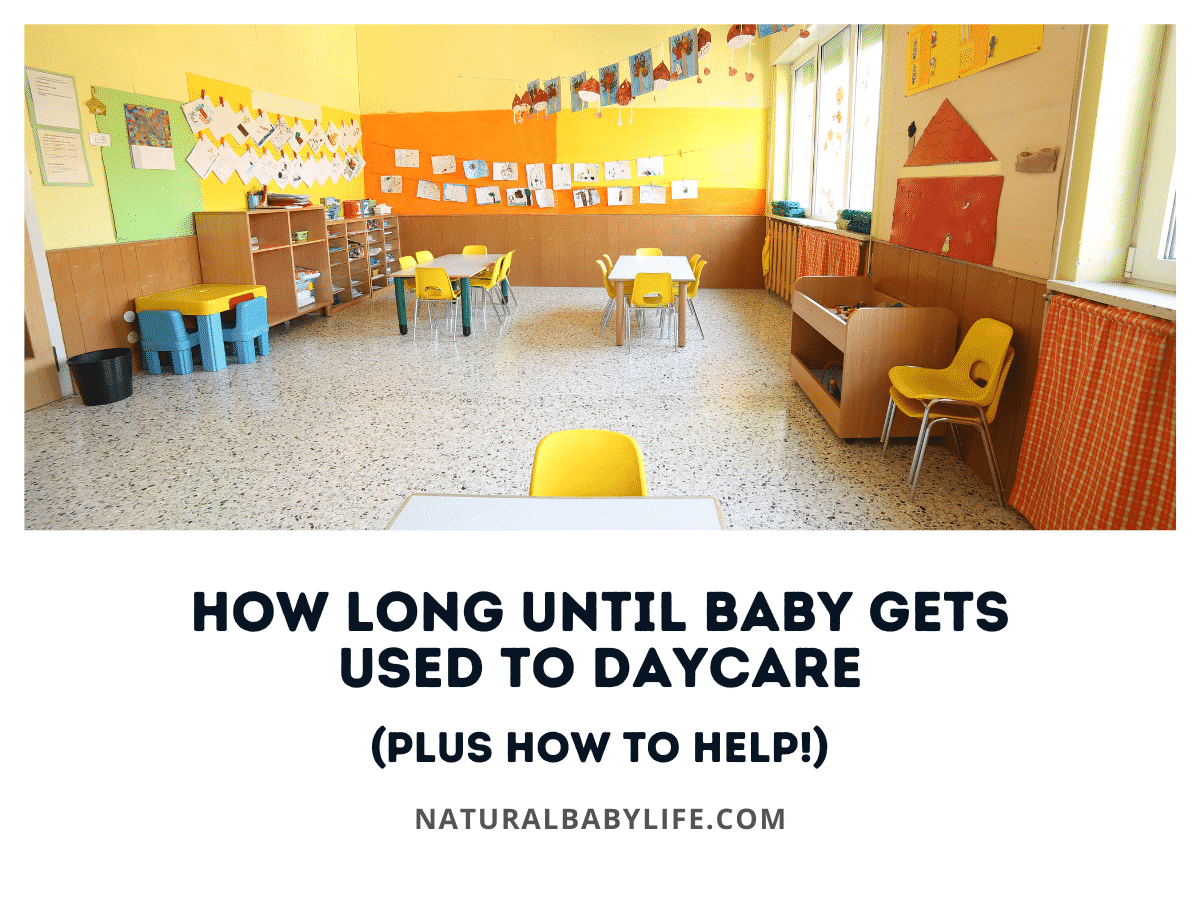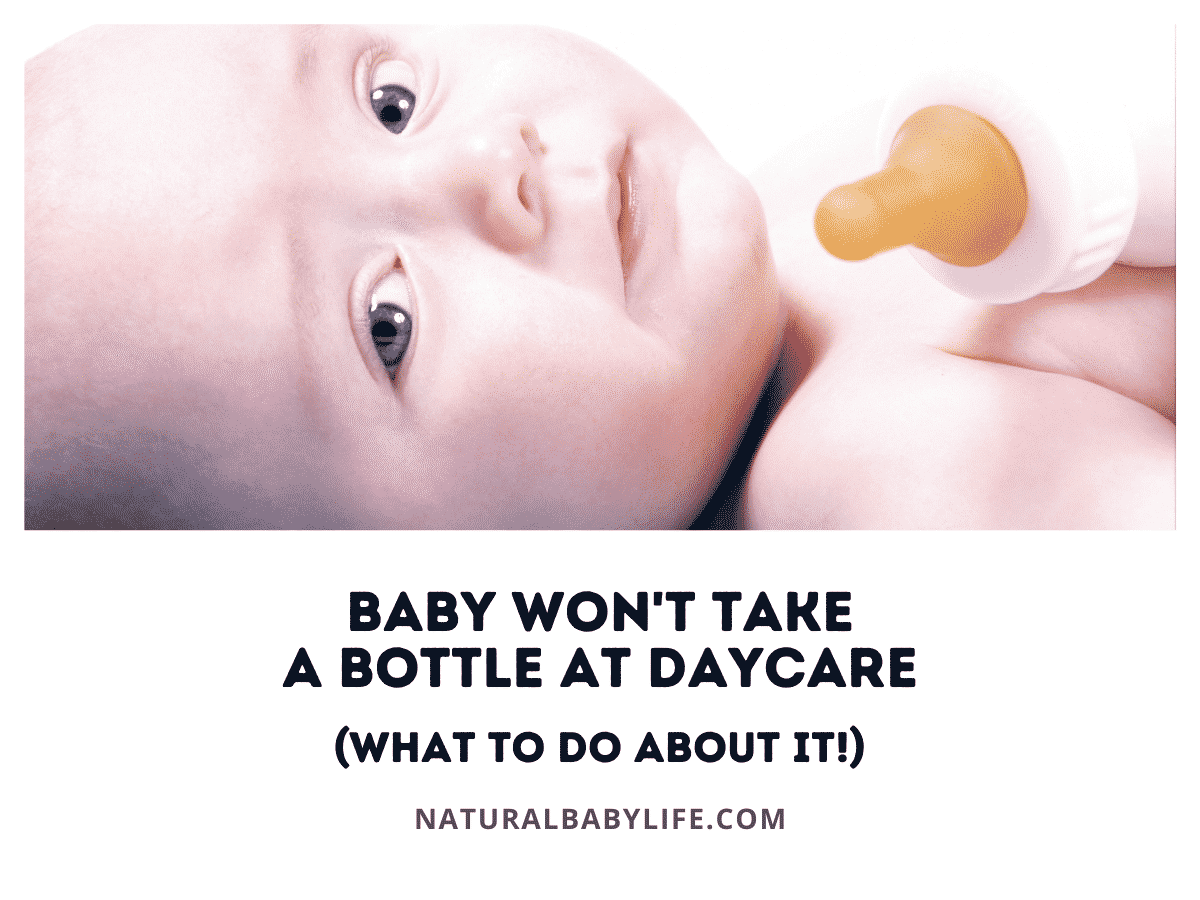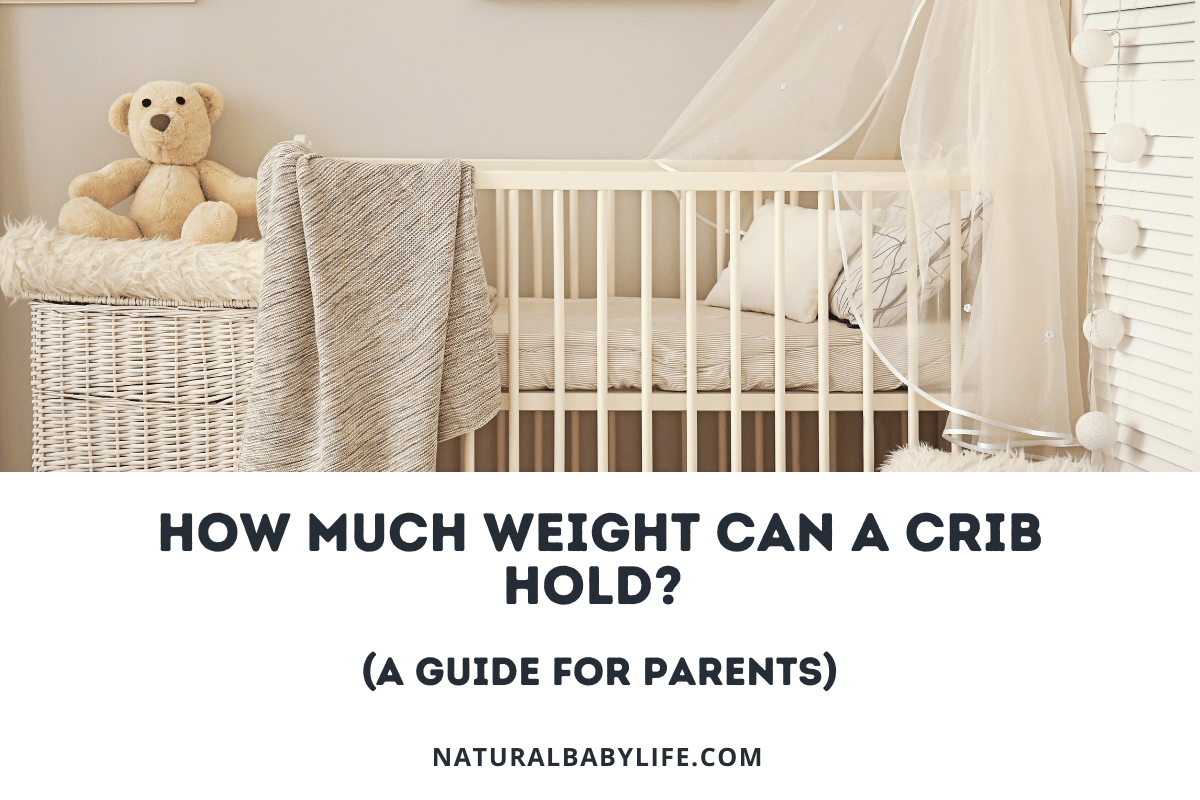After months of preparation and anticipation, bringing home a newborn can be a shock. And even more shocking can be the realization that you do not feel love for that little baby that everyone else is gushing over. Few feelings are worse and bring about doubts of fitness to be a parent and much else.
Many women do not immediately feel love for their baby, and that feeling can last for weeks and months. It is important for you to be open and honest with your doctor to identify whether these feelings are symptoms of postpartum depression or just adjustment pains as you enter a new, unfamiliar stage of life. Bonding exercises or a break may help.
Read on to learn more about some causes behind your feelings, solutions, and things to look out for as major red flags that signal the need for immediate attention.
Table of Contents
Why do I feel like I don’t love my baby?
If you searched this answer for yourself, please know that you are not alone.
So many new mothers experience doubts about their ability to parent and question whether they love their baby enough, or even at all. The overwhelming majority of those women go on to be fantastic mothers.
Here are some things to keep in mind right now:
- Your body is coursing with unimaginable levels of hormones and will be for some time. The phrase “it is normal” is overused, but appropriate here. Your body is in an abnormal state, and you have no control over it.
- You are likely tired, probably still experiencing pain and bleeding, and people might be expecting you to act like you just had a day at a spa. Your body went through something remarkable, and for some people, it was a remarkably bad experience. All too often, people focus on the new baby and not the life-changing event the mother just went through. This needs to be acknowledged.
- Having a newborn can be overwhelming. On top of the hormones and physical issues mentioned above, you are now the caretaker for a tiny human who can do nothing on their own. That hospital baby care class did not prepare you for this.
- Other mothers lie! We as a society expect women to put on a facade of benevolent motherhood where mothers gracefully emerge from the delivery room with no ill-effects and know exactly how to take care of the baby with no help. That is not true.
- The crazy hormones mentioned above can change your mood for the first few days after birth, but those changes can linger for weeks and months. Be honest with your loved ones and most especially, your doctor. Therapy, medications, and lifestyle changes can provide relief. Asking for help is not shameful; it is the best thing you can do for yourself and your baby.
Is it normal to not bond with your baby?
Not everyone immediately feels an intense bond or love at first sight with their newborn. It is common, and in itself not an indicator of anything wrong. Remember that both mother and father just went through a significant medical event followed by a huge life change. It takes time to adjust.
First-time mothers, those who experienced a traumatic birth, and people who suffer from postpartum depression can all need a bit of extra time to feel confident in their bond.
Everybody’s situation and life experiences are different, and those life experiences can shape the way you form new relationships, including with your baby. Your current environment also impacts how easy it is to form that bond with your newborn. Women who lack support or are worried about basic survival are learning to parent under even higher levels of stress.
Is it normal not to love your newborn?
As your hormones lessen and you heal from the birth, your feelings will likely change.
Nobody is at their best when they are exhausted, in pain, and juiced up on hormones that they have no control over. Some women experience traumatic labors or leave the hospital with very challenging physical issues. All of these things need time to heal, and we often fail to treat a new mother with the care she needs recovering from her own medical experience.
Let’s not forget that your baby is a whole new person! Did you fall in love with your partner the first time you met? Take time to get to know your baby, find your new normal, and then see what happens. There’s a good chance it’s love.
Why don’t I feel connected to my unborn baby?
There are innumerable reasons that people do not immediately bond with their newborn.
Here are just a few reasons you may be having trouble bonding with your baby:
- Women who experience postpartum pain are less likely to bond with their newborn.
- Postpartum Depression impacts a woman’s ability to cope and bond with a newborn.
- Traumatic birth can often lead to bonding challenges.
Do you fall in love with your baby?
Movies and television make us think that love at first sight is the only acceptable response to laying eyes on your baby for the first time. That is, quite simply, not true.
When that floppy newborn is placed on the mother’s chest, the mother just went through and is still experiencing, a monumental physical endeavor. And dad just watched his partner go through that with no ability to control the situation. Feelings of relief and exhaustion are common and can make it hard to feel love.
Once the stress has passed, it is easier to reconnect with each other and focus your energies on creating a bond with your new baby.
Postpartum depression
While so many uncertain feelings regarding the birth of your baby are to be expected and completely fine, there is a point where that lack of bonding can be a sign of something more significant going on.
Postpartum depression occurs after a woman has a baby, and it impacts 1 in 8 women.
A woman with postpartum depression may experience any combination of the following symptoms:
- Depressed mood or severe mood swings
- Excessive crying
- Fatigue beyond what is normal in caring for a baby
- Intense ruminations
- Difficulty bonding with your baby
- Withdrawing from family and friends
- Loss of appetite or eating much more than usual
- Inability to sleep (insomnia) or sleeping too much
- Overwhelming fatigue or loss of energy
- Reduced interest and pleasure in activities you used to enjoy
- Intense irritability and anger
- Fear that you’re not a good mother
- Hopelessness
- Feelings of worthlessness, shame, guilt, or inadequacy
- Diminished ability to think clearly, concentrate or make decisions
- Restlessness
- Severe anxiety and panic attacks
- Thoughts of harming yourself or your baby
- Recurrent thoughts of death or suicide
If you feel concerned by your experience of any of these symptoms, contact your doctor immediately. You can also take an online questionnaire and ask your doctor to discuss the results with you.
Remember that postpartum depression is not your fault. It comes about as a result of hormonal influences and other societal and situational factors, like exhaustion, lack of support, and trauma, just to name a few.
Peripartum depression
Postnatal depression is also clinically known as peripartum depression (depression around or near giving birth) in recognition that some women begin feeling the depressive symptoms traditionally associated with postnatal depression during pregnancy.
Peripartum depression occurs when mothers exhibit the signs of PPD either during pregnancy or up to a month after giving birth.
Ways to bond with baby
For the action-oriented who find comfort in plans, here are a few concrete steps you can take to try to improve your bond with your baby for ways to bond with the baby.
Even if you leave the bonding activity without feeling that you suddenly fell in love with your baby, you can know that you did something to take a step in a positive direction.
These items are just as important for the father to do as the mother. Fathers can perceive difficulty in bonding because they did not carry the baby in their bodies or give birth. Sometimes fathers most need the opportunity to parent independently rather than as the mother’s assistant.
Get some time away
Getting some time away can be as simple as a baby-free evening alone in the bedroom, or more elaborate, like a night at a hotel.
For mothers struggling to heal or regain their vitality after birth, this can sometimes be the only way to facilitate bonding and just not be overlooked as a luxury.
A period of rest can facilitate healing from the birth. Sleep deprivation negatively impacts the healing of wounds, and, at minimum, you have a massive wound from the loss of your placenta. Perhaps you also have others, whether from tearing, hemorrhoids, or something else.
Sleep deprivation also negatively impacts your mood, can increase anxiety, and reduce your patience and problem-solving ability.
Tell your baby a story
Try to find a time and place to relax with your baby so that you can focus on each other.
Taking some time to get physically comfortable and put other concerns aside helps you feel open to connecting with your little one. Tell your baby a story about why you wanted them or your future plans with them.
Have you always imagined a family trip with your future kiddos? Did you experience a battle with infertility?
This can help you remember your hopes and the positive things about having a baby that you previously envisioned.
Give your baby a massage
In a quiet room, take time to give your baby a light massage.
Observe their tiny features and how they respond. Know that this simple act gives them comfort and helps them feel safe.
Even if you think you do not yet love your baby, you can show them love to help them feel comfortable and safe.

